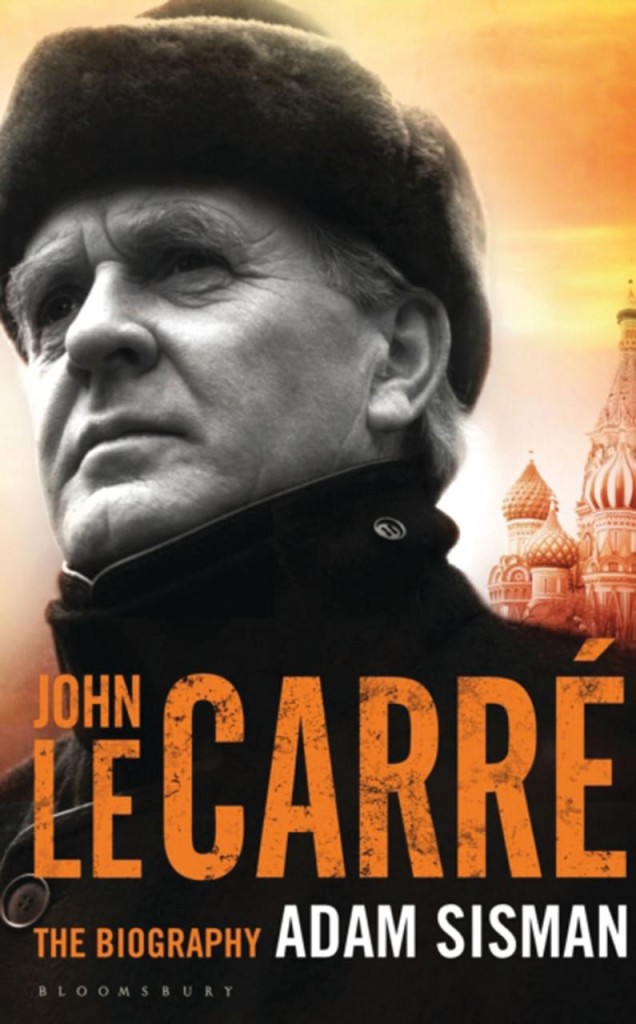

Somehow in this picture the central figure blurs and seems almost to vanish, much like George Smiley, who faster than anyone could disappear into a crowd. Or, more strangely, like being inside one of those signature le Carré scenes so familiar from novels like The Little Drummer Girl and Our Kind of Traitor, where everyone, the postman passing with his bag, the young mother pushing her pram, the old gent being fitted for a pair in the window of the spectacle shop, even the mutt limping by, are part of some covert intelligence operation. Reading it is like driving through one of those sprawling cul-de-sac developments. John le Carre is still at the top more than half a century after The. He does both David Cornwell and John le Carré a great service, and for any fan of that impressive gentleman’s novels, this is a book of endless fascination.īut it's so very long, and a lot of it - like the catalogs of reviewers' excerpts that accompany each book publication - just tedious. Read 156 reviews from the worlds largest community for readers. Readers might consider following this big book with that elegant little novel. Eliot and Ernest Hemingway, is immortalized in Somerset Maugham's wicked Cakes and Ales, based on the life of Thomas Hardy. This pattern, embraced by writers so unlike as T.S. In later life, he expressed no regret for having done so: "Somebody has to clean the drains, and I found that I did do things that, although they were in some way morally repugnant, I felt at the time, and still feel, to have been necessary.Incidentally, Sisman doesn't comment on, or maybe notice, how closely Cornwell's two marriages match the familiar author's pattern of early-later wife - the passionate, hectic first marriage, and the nurturing, sheltering later one. To do so, le Carré joined the "Socialist Club, which welcomed left-wingers of every hue, from pale pink to dark red". His service experience led to his being recruited by MI5 to spy on his fellow undergraduates.

The splinter justifiably melts when Sisman recounts the childhood years, but freezes hard when le Carré goes to Oxford following his National Service as an officer in the Intelligence Corps. While acknowledging "warm feelings" for his subject, Sisman also endeavours "to preserve the splinter of ice in heart that every writer needs, according to Graham Greene". As le Carré wrote in a letter to his brother: "We were frozen children, & will always remain so." Sisman says Le Carré's response "was to try and make everybody else love him."

According to Adam Sisman, le Carré's emotional scars never healed: "Looking back at his childhood, he has written of the 'sixteen hugless years' that followed". When he was five, his mother – having endured enough of her husband's cheating both as a crook and a philanderer – left home. John le Carré had an utterly heartbreaking childhood. In places, this is a very emotional book.


 0 kommentar(er)
0 kommentar(er)
